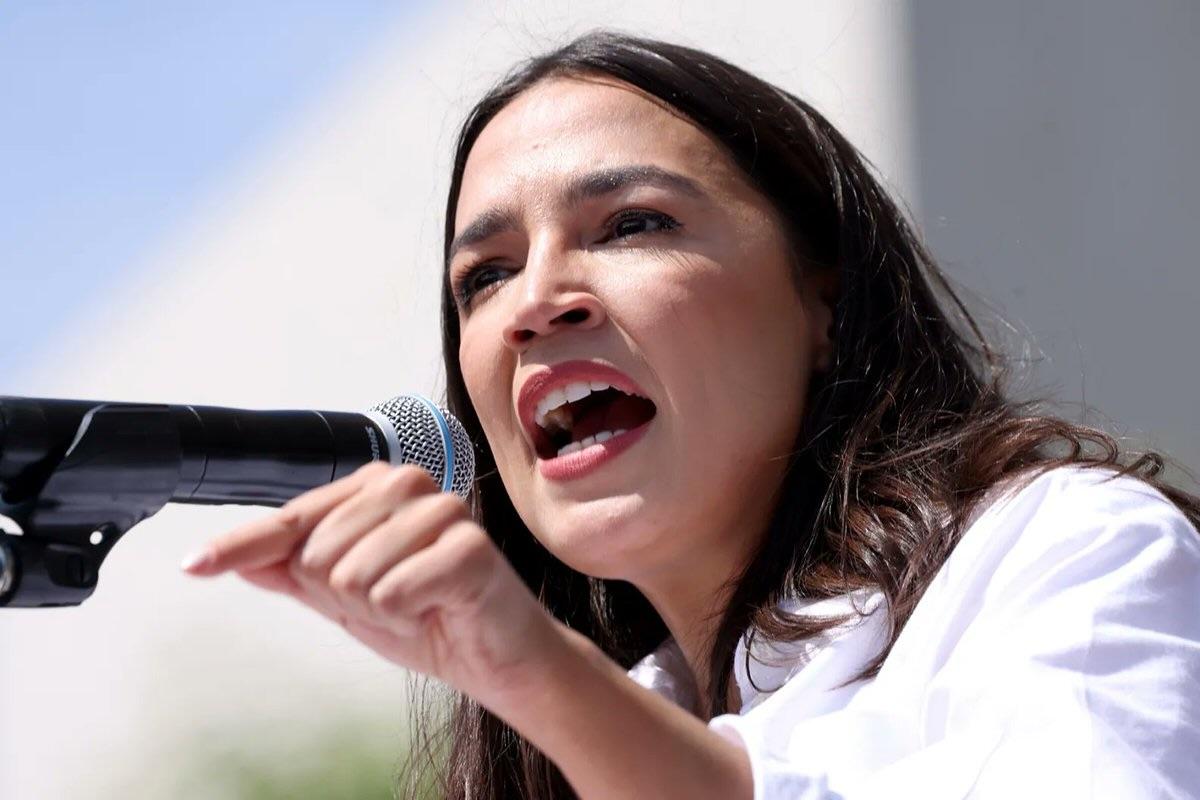In a fiery Rolling Stone interview, Representative Alexandria Ocasio-Cortez (AOC) accused former President Donald Trump and Republicans of “robbing America and gutting what is left of the health care and social safety net in the United States to give it to the rich.” Her remarks, delivered with characteristic intensity, reflect ongoing tensions over economic policy and wealth inequality as of May 11, 2025. AOC’s critique centers on Republican-led initiatives that she claims prioritize corporate interests and the wealthy over working-class Americans.

AOC argued that Trump’s policies, particularly tax cuts and deregulation, have disproportionately benefited the affluent while eroding public services. She pointed to the 2017 Tax Cuts and Jobs Act, which slashed corporate tax rates and provided significant breaks for high earners, as a cornerstone of this agenda. Studies, like those from the Center for American Progress, estimate that 83% of the tax cuts’ benefits went to the top 1% by 2020, while middle-class gains were modest and temporary. AOC contends these policies drained resources from programs like Medicaid, food assistance, and affordable housing, leaving vulnerable populations at risk.
Health care remains a flashpoint. AOC criticized efforts to weaken the Affordable Care Act, noting that Republican-led lawsuits and regulatory changes have destabilized insurance markets, raising premiums for millions. The Kaiser Family Foundation reported in 2024 that 28 million Americans remain uninsured, a figure AOC attributes to GOP resistance to expanding coverage. She also highlighted proposed cuts to Medicare and Social Security in recent Republican budgets, which, though not enacted, signal intent to scale back entitlements. These moves, she argued, enrich private insurers and wealthy donors while undermining public trust in government.
AOC’s charge of “robbing America” extends to deregulation, which she claims favors corporate profits over worker protections and environmental safeguards. The rollback of EPA standards under Trump, for instance, allowed increased emissions, disproportionately harming low-income communities. X posts from users like @TheDemCoalition echo AOC’s sentiment, decrying “tax breaks for billionaires” while “families lose health care.” Conversely, defenders like @GOPoversight argue that deregulation and tax cuts spurred economic growth, citing 3.2% GDP growth in 2023 as evidence.
Critics of AOC’s rhetoric argue she oversimplifies complex issues. Tax cuts, they claim, stimulated job creation, with unemployment dropping to 3.5% pre-COVID. They also contend that entitlement programs need reform to remain solvent, pointing to Social Security’s projected 2035 shortfall. Yet AOC counters that such reforms often mask efforts to privatize systems, benefiting Wall Street at the expense of retirees.
The debate reflects a deeper divide over America’s priorities. AOC’s call to protect the safety net resonates with progressives pushing for universal health care and wealth taxes, but it faces resistance from those who see free-market policies as essential for growth. As economic inequality widens—Oxfam reported in 2025 that the richest 1% own 32% of U.S. wealth—her accusations highlight a critical question: who does the system serve? While solutions remain contentious, AOC’s words amplify the urgency of addressing America’s fraying social contract.






